In this month’s selection of excellent literature in translation, there’s something for everyone. From a dreamy and architecturally expressive graphic novel that speaks to fates and futures, to a collection of strange and visceral short stories delineating the network between bodies and their definitions. And if science fiction or unsettling tales aren’t your thing, there’s also the powerful narrative on a prodigal son who returns to navigate the pathos-filled landscape of past tragedies, loneliness, and isolation; the masterfully told history of Catalonia as it plays out through the life of a woman embroiled in the tumult of her time; or a cunning satire of contemporary Morocco that traverses territory of both physical and virtual landscapes. Read on for reviews on each of these remarkable works; hope you enjoy the trip!
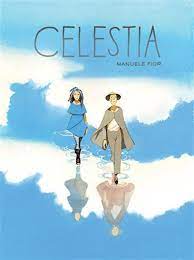
Celestia by Manuele Fior, translated from the Italian by Jamie Richards, Fantagraphics, 2021
Review by Thuy Dinh, Editor-at-Large for the Vietnamese Diaspora
“. . . from above, this island is in the shape of two hands intertwined.”
—Dr. Vivaldi, from Manuele Fior’s Celestia
Such is how Dr. Vivaldi alludes to Venice—curved strips of land yearning to touch and engulf each other in blue space. Ambitiously realized by Manuele Fior and eloquently translated by Jamie Richards, Celestia—Venice’s oneiric double—is a visual poem and modernist dance in graphic novel form, encompassing diaphanous terrains and gothic undertow, exuberantly tumescent with allusions to literature, art, and architecture.
Born in 1975 in Cesena, Italy, Fior currently lives in Paris, France. Drawing from his studies at Venice’s University of Architecture (Istituto Universitario di Architettura di Venezia, or IUAV), he has, over time, developed a dynamic visual language with narrative elements drawn from both Western and Eastern aesthetic traditions. Several of his acclaimed graphic novels have been translated into English and published by U.S.-based Fantagraphics, and Celestia marks his fifth collaboration with Richards—a scholar and translator of Italian literature.
Deeply influenced by John Ruskin’s The Stones of Venice, Joseph Brodsky’s Watermark, and Pier Paolo Pasolini’s poem “Profezia” (“Prophecy”)—Fior depicts Celestia as a fusion of dualities that exist both in the history of Venice as well as in the fictional universe of his work: Gothic and Renaissance, spiritual and secular, traditional and modern, rational and organic, freedom and oppression, community and exile. While in Fior’s earlier work—such as The Interview—telepathy is depicted as an extraterrestial gift, in Celestia this ability has existed from time immemorial among certain people, possibly as an evolutionary process. When the story opens, the island of Celestia is home to a group of telepathic refugees, who long ago fled from a horrific invasion that had devastated the mainland. One of them, Pierrot—cloaked in his commedia dell’arte persona—now wishes to renounce his telepathic power, which he perceives as a tragic link to his childhood. After delivering vigilante justice to a member of the demonic syndicate that controls the island’s murky depths, Pierrot escapes Celestia with Dora—a seer also burdened by her gift, as well as the oppressive intimacy enforced by her mind-melding circle of elites, led by Dr. Vivaldi.
Beset by this innate ability that has become a form of enslavement, Pierrot and Dora set off—hoping their journey would both resolve the past and guide them toward a new future. The couple’s subsequent arrival on the mainland brings them into contact with an omniscient child, or Child—who embodies both the future of mankind and its messiah. READ MORE…




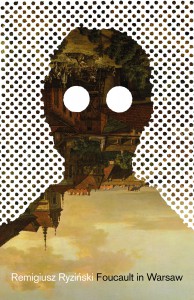
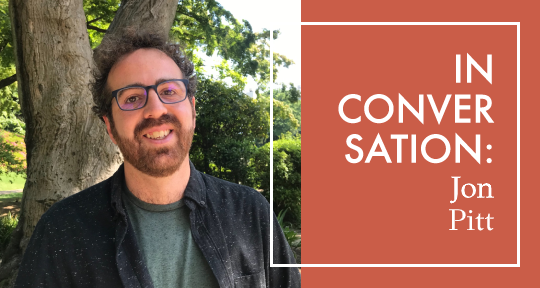
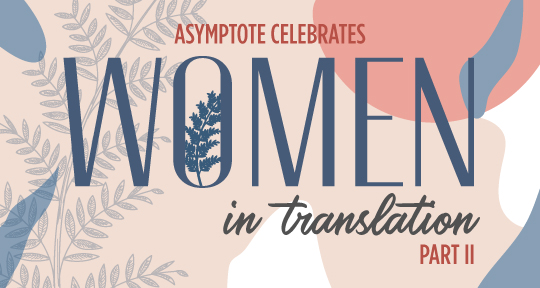
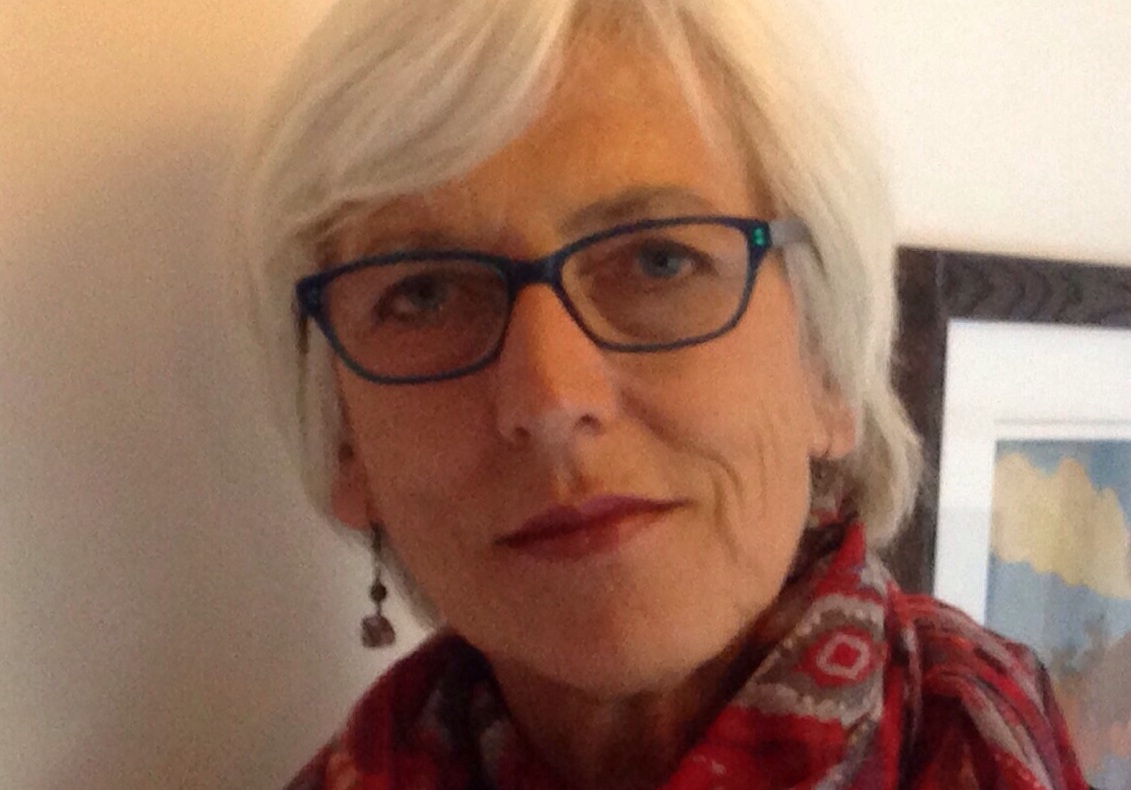
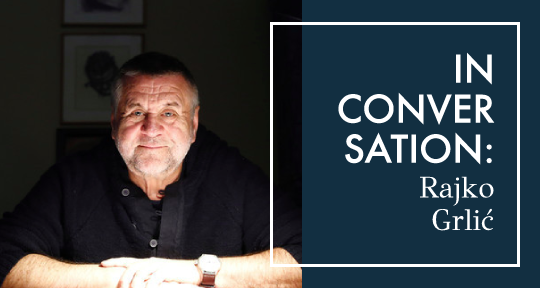
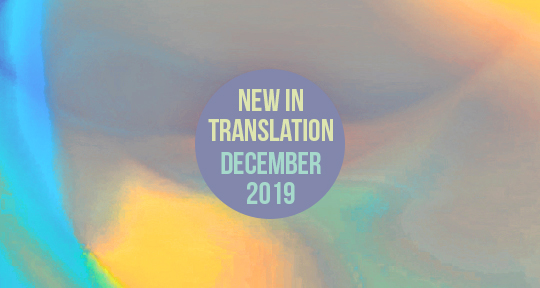
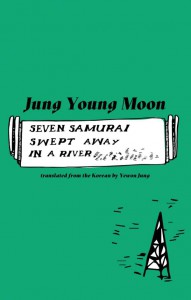




Radical Reading: Sara Salem Interviewed by MK Harb
I’ve increasingly thought more about what generous, kind, and vulnerable reading might look like instead.
At the height of the pandemic, I—like so many of us—looked for new sources of intrigue and intellectual pleasure. This manifested in finding Sara Salem’s research and reading practice, Radical Reading, which was a discovery of sheer joy; Salem views books and authors as companions, each with their own offerings of certain wisdom or radical thought. When she shares these authors, she carries a genuine enthusiasm that they might come with some revelation.
I interviewed Salem as she sat in her cozy apartment in London wrapping up a semester of teaching at the London School of Economics. We discussed our lockdown anxieties and our experiences with gloomy weather until we arrived at the perennial topic: the art of reading. The interview continued through a series of emails and transformed into a beautiful constellation of authors, novelists, and activists. In what follows, Salem walks us through the many acts of reading—from discussing Angela Davis in Egypt to radicalizing publications in her own work, in addition to recommending her own selections of radical literature from the Arab world.
MK Harb (MKH): Reading is political, pleasurable, and daring. Inevitably, reading is engaged in meaning-making. How did you arrive at Radical Reading as a practice?
Sara Salem (SS): Some of my most vivid childhood memories are of spending long afternoons at home reading novels, and when I think back to those novels, I find it striking that so many of them were English literature classics. I especially remember spending so much time reading about the English countryside—to the extent that today, when I am there, or passing it on a train, I get the uncanny feeling that it’s a place I know intimately. Later, when I read Edward Said’s writing on Jane Austen and English literature more broadly—its elision, erasure, and at times open support of empire—it struck me that we can often read in ways that are completely disconnected from the lives we live. This tension was what first opened up entire new areas of reading that completely changed my life, among which was the history of empire across Africa; at the time I was living in Zambia, where I grew up, and often visited Egypt. Critical history books were probably my first introduction to what you call the practice of radical reading, of unsettling everything you know and have been taught in ways that begin to build an entirely different world.
I like that you say reading is engaged in meaning-making, because it has always been the primary way in which I try to make sense of something. Even more recently, as I’ve struggled with anxiety, reading above all became my way of grappling with what I was experiencing: what was the history of anxiety, how have different people understood it, and how have people lived with it? I realise, of course, that not everything can be learned from a book, but so far, I’ve found that what reading does provide is a window into the lives of people who might be experiencing something you are, making you feel less alone.
MKH: How do you reconcile reading for pleasure versus reading for academic and political insights? Do they intersect? Being idle has its own spatial practice of radicality at times, and I’m curious on how you navigate those constellations.
SS: This question really made me think! In my own life, I have always made the distinction of fiction as pleasure and non-fiction as academic/work-related. So, if I need to relax, or want to take some time off, I will instinctively reach for fiction, and if I want to start a new project, I think of which academic texts would be helpful. However, this began to change about five or six years ago, when I began to think more carefully about how fiction speaks to academic writing and research, as well as how non-fiction—unrelated to my own work—can be a great source of pleasure and relaxation. This has meant that they have begun to intersect much more, and it has enriched both my academic work and my leisure time. READ MORE…
Contributor:- MK Harb
; Language: - Arabic
; Places: - Egypt
, - Zambia
; Writers: - Ahdaf Soueif
, - Arwa Salih
, - Huda Tayob
, - Mahmoud Darwish
, - Sonallah Ibrahim
, - Thandi Loewenson
, - Waguih Ghali
; Tags: - intersectional feminism
, - migration
, - Race
, - radicalism
, - Reading
, - sexuality
, - social commentary